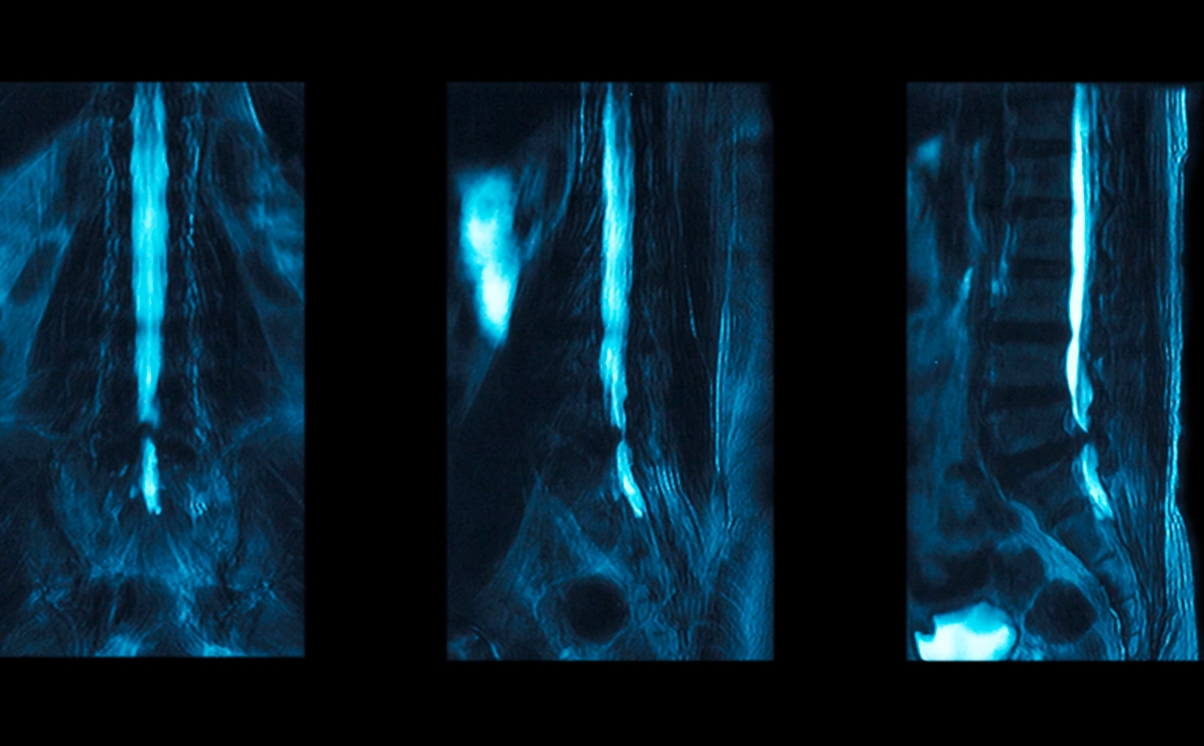BF was an active 74-year-old who enjoyed gardening, walking, bowling, attending music concerts and holidays in England and abroad. He became paralysed during spinal decompression surgery and sought Stewarts’ help in obtaining compensation to help him continue life with the care and support he needed.
Medical issues
Between March and September 2014, BF visited his GP on several occasions complaining of unsteadiness on his feet, pins and needles and back pain. An MRI was performed, which revealed a disc osteophyte resulting in some spinal cord compression. Following the MRI, he was referred to an orthopaedic surgeon under the NHS “Choose and Book” scheme.
In December 2014, BF was seen at the defendant’s hospital where it was recommended he undergo spinal decompression. In January 2015, he underwent surgery and upon waking was completely paralysed, having sustained incomplete tetraplegia. Gradually, over time, BF regained some use of his upper body, but the injury had a devastating impact on his quality of life. He was left unable to walk, wheelchair dependent and with bladder, bowel and sexual dysfunction.
The legal case
BF instructed Stewarts and Nadia Kruger-Young investigated the claim against the hospital. Independent expert evidence was obtained, which was critical of the consenting process prior to surgery, namely, that the surgeon had not properly set out the risks of the operation. Also, neuroradiology evidence concluded that BF’s spinal cord had not been adequately decompressed.
The claim was further complicated because the hospital in which surgery was performed claimed that the treating surgeon was acting in a private capacity.
Consideration was therefore given to the contractual arrangements between the hospital, the NHS and the surgeon and the scheme the referral was made under. This subsequently led to questions over the security of funding for the periodical payments order (PPO) when it came to the settlement meeting due to the defendant not being an NHS Foundation Trust. Fortunately, this was resolved, and BF had the security of a government-backed PPO.
A pre-action Letter of Claim was served on the defendant in July 2017 in which allegations were made regarding the failure to consent to surgery, inadequate surgery and failings in the post-operative care. It was alleged that but for the defendant’s negligence, BF would have avoided damage to his spinal cord. The defendant provided its Letter of Response in March 2018 in which it admitted liability in full. By this point, Alison Goldney had taken over the investigation at Stewarts. In light of BF’s age, (now 77-years-old), we worked collaboratively with the defendant to quantify the case swiftly with a view to holding a joint settlement meeting in the early part of 2019.
Interim payments
Following the admission in the Letter of Response, we obtained a substantial six-figure interim payment. This enabled BF to instruct a case manager, who assisted him with accessing much-needed therapies. It also provided invaluable support to BF and his wife, including an in-patient stay at a private rehabilitation facility.
Settlement
A number of experts were required to quantify the claim, and the biggest area of importance was BF’s care regime. Since discharge from the spinal injuries rehabilitation centre in 2015, BF had only received a few hours of care and support per day provided by the local authority. In between visits, BF was often left isolated in his home and unable to access the toilet due to his wife being in her mid-70s and unable to provide the specialist care required.
There was some reluctance initially from BF and his wife to increasing the level of care following receipt of the interim payment. Understandably, BF had become accustomed to only receiving a few hours of carer support a day. BF and his wife were concerned that suddenly being provided with around-the-clock support would be an invasion of their privacy, particularly in light of their relatively small house.
Stewarts and the case manager took the time to explain how an increased level of care would enhance both BF and his wife’s lives, and how any encroachment on their privacy would be alleviated once they were in a larger, more suitable property.
BF was keen to access the community independently, and the case manager assisted with providing top-up care, initially with a view to providing a far higher level of care once BF moved to a larger property.
BF lived in a small three-bedroom semi-detached house and was only able to access the downstairs of the property. A priority for the case manager, therefore, was locating a rental property in the short-term before the purchase of a suitable property.
The claim settled at a joint settlement meeting in May 2019 for a lump sum of £1,350,000 and annualised payments for care and case management of £220,000 per year until age 83, and £260,000 per year thereafter. If BF lives to an anticipated life expectancy, this will result in the claim having a capitalised value of £3,270,000.
The settlement has enabled BF to move to a bungalow where he is pleased to have full access to all areas of his property. BF now has provision for life-long care and therapies, and the reliance he had upon his wife in providing any top-up care has been removed.
Testimonial from BF
“Stewarts was recommended to me when I was in the hospital, and I couldn’t describe them as anything other than fantastic. Alison worked really hard. Every time I saw her, she was very easy to speak to and explained everything in layman’s terms so I could understand. I also worked with Hannah and Fiona, and they were very good.
“With the settlement money, we brought a bigger bungalow which is easier to move around in and more comfortable. It’s nice that we are not struggling, and we can get what we want. My previous accommodation was terrible, but we now have a garden and a conservatory that I can go out in.
“I’m on the computer quite a lot these days and have joined an online Shakespeare group. We go online every Monday morning and have a discussion – it’s a nice way to start my week.
“There is nothing I can say against Stewarts. As soon as Alison started working with me, my case went forwards like anything. She was like a workhorse! She didn’t stop until she got everything done.”
You can find further information regarding our expertise, experience and team on our Clinical Negligence page.
If you require assistance from our team, please contact us or alternatively request a call back from one of our lawyers by submitting this form.
Subscribe – In order to receive our news straight to your inbox, subscribe here. Our newsletters are sent no more than once a month.






